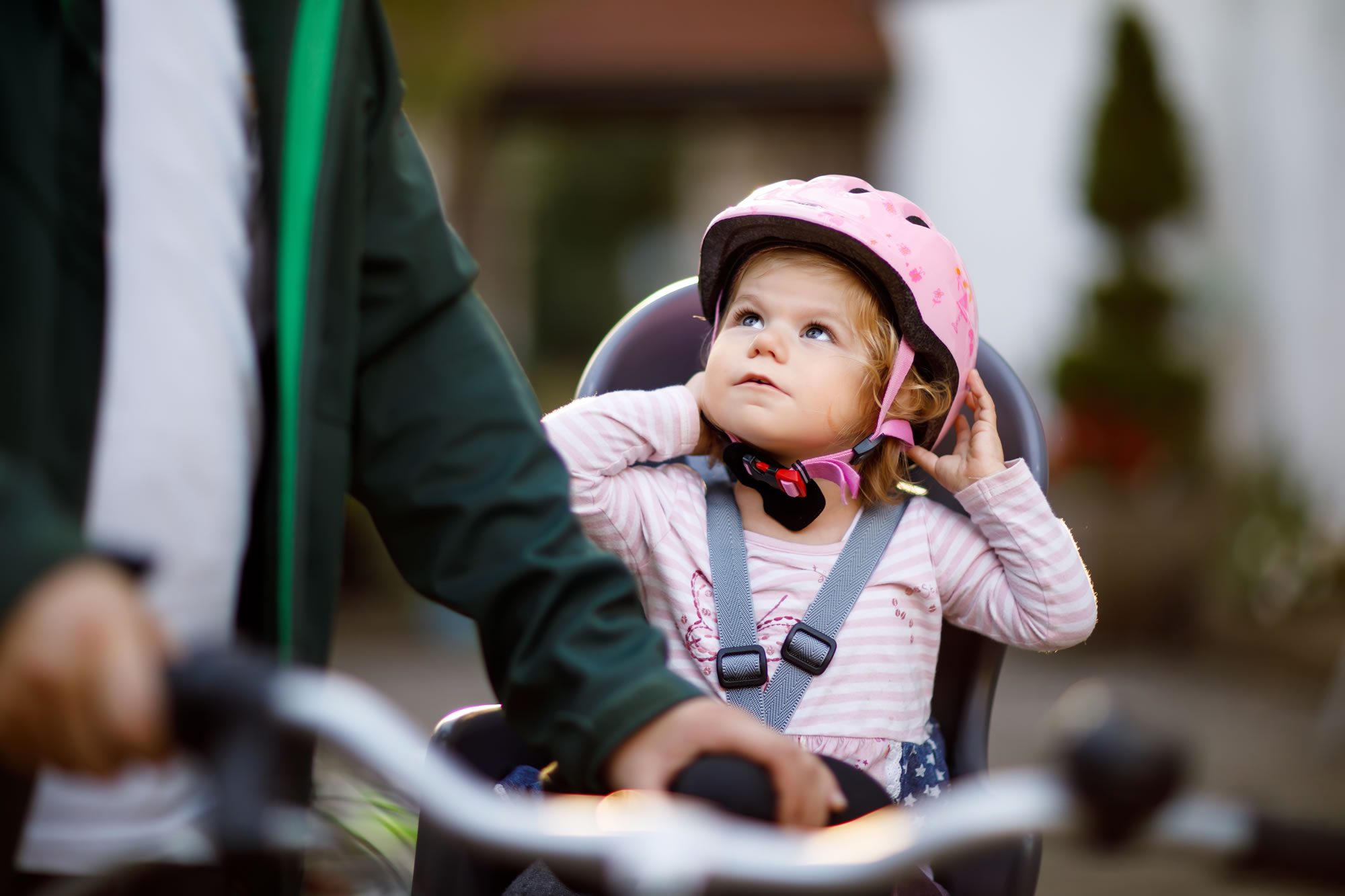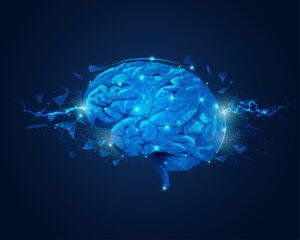New-found mobility, high energy, and a lack of awareness for their surroundings make toddlers prime candidates for head injuries.
The good news is that most bumps and bruises are of little concern. But it’s important to monitor a young child closely after a hit to the head. Dr. Sarnaik, a critical care doctor from Michigan’s Children’s Hospital, says a young child should be seen by a doctor if any of the following symptoms are present:
- Loss of balance; unsteady walking
- Repeated vomiting; continued nausea
- Fluid drainage from nose, mouth, or ears (clear or bloody)
- Slurred speech, dizziness, blurred vision or confusion
- Difficulty recognizing people
- Stumbling or weakness of arms or legs
- Unusual fatigue; difficulty waking up
- Unequal size of the pupils
- General listlessness
- Lack of interest in favourite toys
- Continued irritability and crankiness or excessive crying
- A worsening headache
Dr. Sarnaik also says that medical attention is necessary if a child has been involved in a serious accident like a car crash, a high-speed impact, or a fall from more than standing height, regardless of symptoms.
BabyCenter’s medical team advises parents or caregivers to call 911 right away if the child is experiencing:
- Irregular breathing
- Convulsions or seizures
- Continued loss of consciousness
They also caution parents and caregivers not to move a seriously injured child unless they are in danger of being hurt further. Perform CPR if they aren’t breathing. Cover any open wounds with a clean cloth and apply pressure.
For More Information:
- Concussion or head injury, BabyCenter
- Concussions, the Mayo Clinic
- Concussion Symptoms In Toddlers, Livestrong
- Top Ten Signs of Serious Head Injuries in Kids, Ground Report







